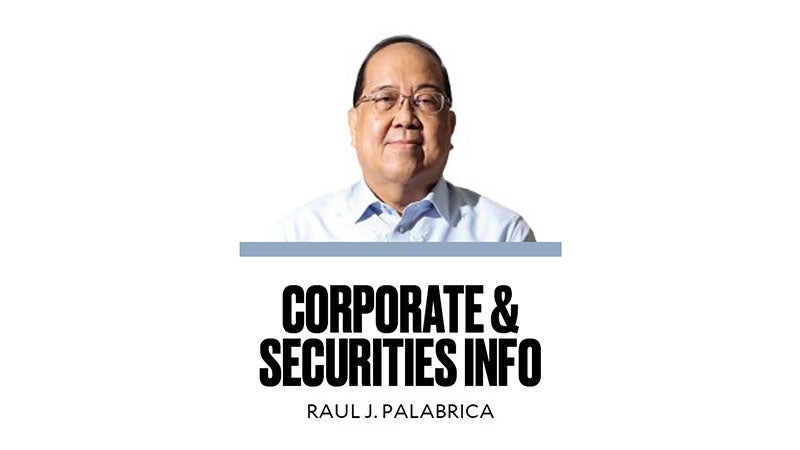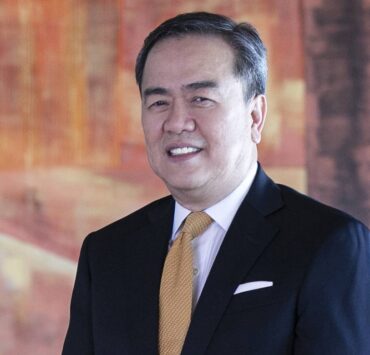PH version of ‘Great Resignation’

Majority of Filipino employees today prefer mobility in employment and have high expectations about their employment.
This, in a nutshell, was, among others, the finding of the 2025 Human Capital Employee Sentiment Study conducted by international risk management and insurance broker firm Aon.
Of the 261 Filipino respondents surveyed in August last year, 64 percent said they were either in the process of moving to another employer or might seek new employment in the next 12 months.
The survey also showed that their top valued employment benefits are medical coverage, paid time off, work-life balance programs, career development and retirement savings.
Incidentally, the tight competition for talent is not confined to Manila where the right talent is more readily available, but also in cities in Cebu, Davao and other places in the Philippines.
This pattern of employment movement in the country is akin to what happened in the United States in 2021 when a record number of employees quit their jobs. That phenomenon was described as the “Great Resignation,” a development that also happened in other parts of the world.
In times past, it was not unusual for Filipino employees to maintain a sense of gratitude (or utang na loob) to the employer who gave them their first break at work, or to employers who treated them well and stayed on for as long as their services were needed or their body could take on the work.
There was pride in being a loyal employee and retirement or voluntary resignation was done primarily for serious medical or personal reasons, and with great reluctance.
Well, the survey shows that times have changed. The millennials and members of Generation Z who form the bulk of the country’s present workforce no longer have the same work attitude as their predecessors.
When the price is right or the offer sheet meets their expectations, they will not hesitate to jump ship, so to speak, and loyalty to an employer can go bust. Moreover, they do not see anything wrong with looking for greener pastures while still gainfully employed.
There is no shame in using office time and the employer’s facilities in looking for employment elsewhere or doing “raket” (outside unauthorized work) at the same time.
Note that these age groups had grown during a period when Facebook, Instagram and other photo and video-sharing social networks were (and still are) integral parts of their daily life.
When they see the posts of their friends or acquaintances that show, for example, the clothes they bought, the parties they had attended and the places where they had a lot of fun, they cannot help but feel envious and aspire to enjoy the same perks and privileges.
Unless they were born with a silver spoon or have entrepreneurial spirit, the fastest way to make that aspiration a reality is to seek employment in companies that are generous with their compensation package during and after employment.
Delayed gratification is not an option for them. Their search for more lucrative employment opportunities is guided by the mantra “strike while the iron is hot” and that means going for the highest bidder for their services.
YOLO (or you only live once) is the article of faith that guides their decision on who to work for, for how much and for how long.
Given this frame of mind, businesses that need the skills and services of highly talented employees would have to go beyond the traditional way when they figure out the employment benefits they give to their staff to ensure their continued stay on the job.
Note that work-life balance is no longer a figure for speech for the new breed of Filipino employees. Unlike probably their parents, they do not consider their work and the benefits that go with it as the end-all and be-all of their life. They want to work to live and not live to work.



















